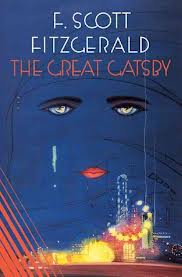While storytelling predates the written word, the novel in its current form is a relatively recent phenomenon, rising to prominence in the 19th century. Whereas stories in centuries and millennia past often required grounding in claims of historical fact or at least widely-accepted myths, the evolution of the novel to its current status as fiction that reveals greater truth has only achieved widespread legitimacy within the past 200 years.
The greatest achievement of the novel is the ability to convey truth and meaning about the human condition through both the painstaking attention to detail in realism or the creation of fantastical worlds and scenarios that could only exist within the vast landscape of the human mind. Our Best Novels of All Time list focuses most on those novels that use surreal or sensational imagery to convey meaning. Some titles that were included in our Best Books of All Time list would also fit in well here, but there’s no need to repeat ourselves. Still, Lolita, Crime and Punishment, and To Kill a Mockingbird are also among the best novels of all time.
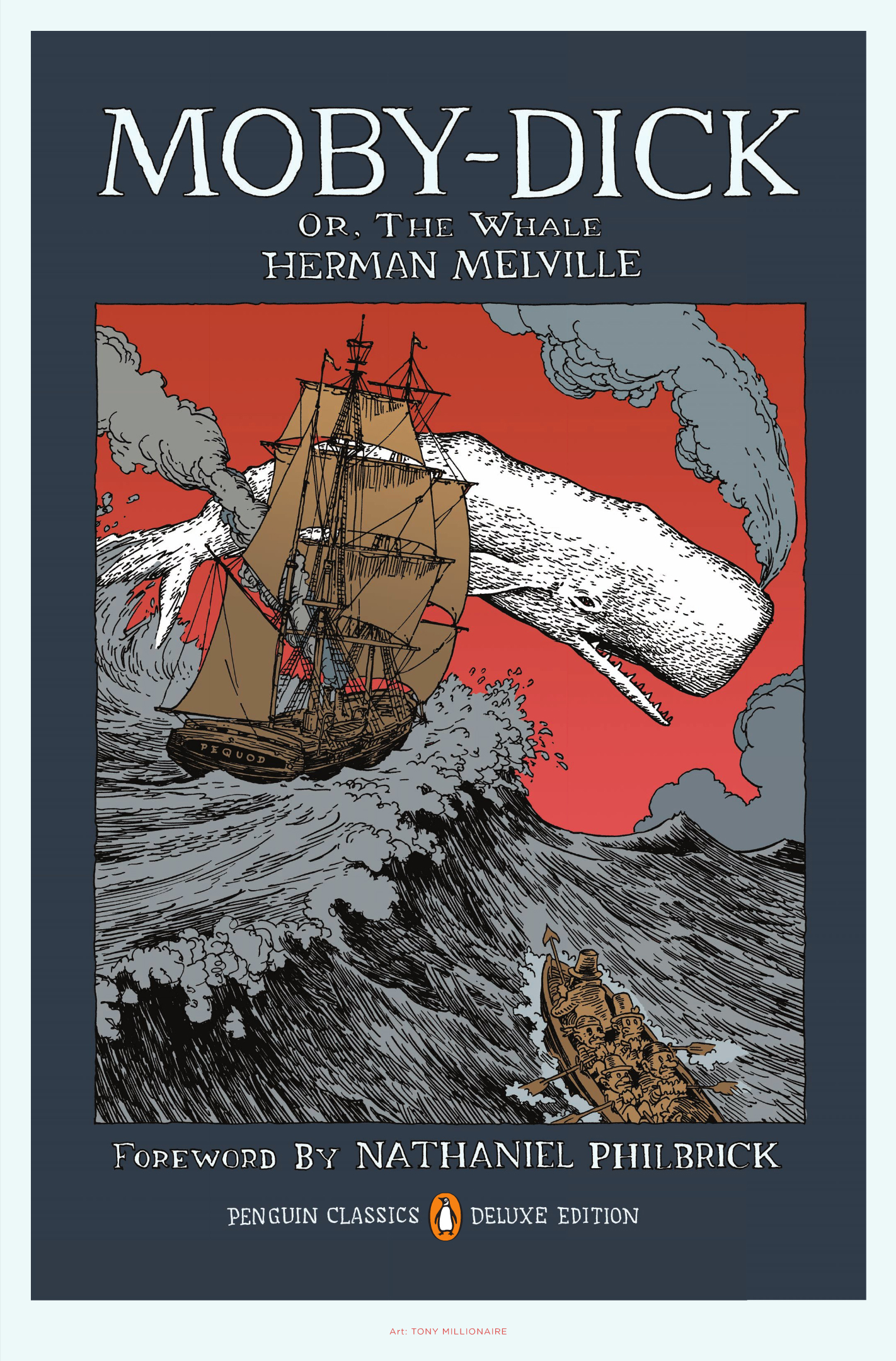 Moby-Dick by Herman Melville (1851)
Moby-Dick by Herman Melville (1851)
A wandering sailor called Ishmael narrates this Great American Novel as shipmates discuss the meaning of life, the nuances of good and evil, and the universe at large. Meanwhile, Captain Ahab follows his obsession with destroying the whale that wrecked one of his previous ships and took his leg. This triumph of American literature illustrates the ravages of unhealthy fixations and points out how one cannot get revenge on an animal because revenge is a human construct that does not apply to other living creatures.
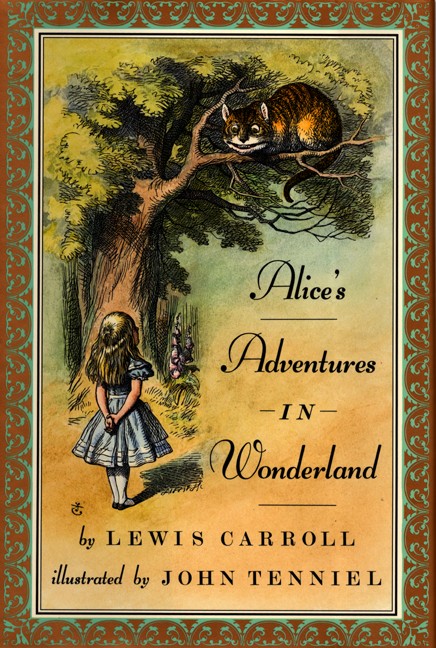 Alice’s Adventures in Wonderland by Lewis Carroll (1865)
Alice’s Adventures in Wonderland by Lewis Carroll (1865)
The strange creatures Alice encounters in Wonderland serve as projections of the human psyche and imagination in this classic novel. The story has been adapted numerous times, including into many films, and remains one of the most beloved surrealist stories. In addition to being a mind-bending story, the novel has entered our modern lexicon with expressions like “down the rabbit hole” and “through the looking glass” taking on their own meanings outside of Carroll’s wonderful book.
The Great Gatsby by F. Scott Fitzgerald (1925)
In one of the more historically-grounded entries in this list, F. Scott Fitzgerald’s classic novel vividly outlines the excess and kinetic energy of America’s “Roaring Twenties.” This novel packed full of intrigue, hedonism, betrayal, and violence serves as a cautionary tale of the excesses of youth and downsides to luxury. Amidst Jay Gatsby’s lavish parties, there’s a dark undercurrent that ultimate makes The Great Gatsby not only an informative book about one of the most intriguing eras of American history, but also a thrill ride from cover to cover.
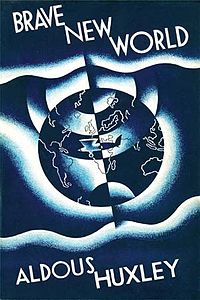 Brave New World by Aldous Huxley (1931)
Brave New World by Aldous Huxley (1931)
Through his non-fiction writing, Aldous Huxley become a notable pioneer for the expansion of human consciousness. But he’s best known for his unsettling speculative fiction novel Brave New World. In a not-too-distant future where mass consumption is the new religion, and individuality is demonized, the possibilities for what can become of society are frighteningly outlined by Huxley. Brave New World manages to foresee both the social engineering aspirations of fascism and the collectivist perils of communism that would overtake the world in the years to come.
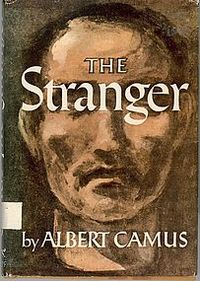 The Stranger by Albert Camus (1942)
The Stranger by Albert Camus (1942)
One of the most notable existentialist works, Albert Camus’ The Stranger is narrated by a man named Mersault who feels no emotion, but rather experiences only sensory perceptions. Due to excessive heat and a trick of the sun, Mersault irrationally murders a man at the beach. He’s convicted of the crime and sentenced to execution, but the books excels at showing how Mersault finds much of the world, and especially the criminal justice system, entirely arbitrary.
 1984 by George Orwell (1949)
1984 by George Orwell (1949)
George Orwell’s commentary through his fiction has impacted society to such a degree at the term “Orwellian” is commonplace. 1984 also gave us the often used term “Big Brother.” In this dystopian society, Thought Police not only use intrusive surveillance cameras to watch people’s every move but also monitor their thoughts for anything negative about the watchful leader Big Brother. 1984 is the story of one man’s attempt to carve out a slice of privacy in a world gone mad with propaganda and strict adherence to overbearing government control.
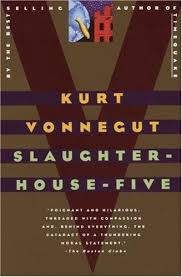 Slaughterhouse-Five by Kurt Vonnegut (1969)
Slaughterhouse-Five by Kurt Vonnegut (1969)
Vonnegut’s most famous book blends both heart-wrenching WWII imagery with wildly imaginative sci-fi. Like Vonnegut did, the novel’s protagonist, Billy Pilgrim, survives the firebombing of Dresden, Germany by the Allied Forces. However, Billy has another issue: he has come unstuck in time. Billy jumps around to different periods of his life, and is even abducted by an alien race who teach him that people simply perceive time as though they were “bugs stuck in amber,” and that our perception of time is an illusion. Slaughterhouse-Five is a masterpiece of incredible wisdom mixed with bizarre imagery.
